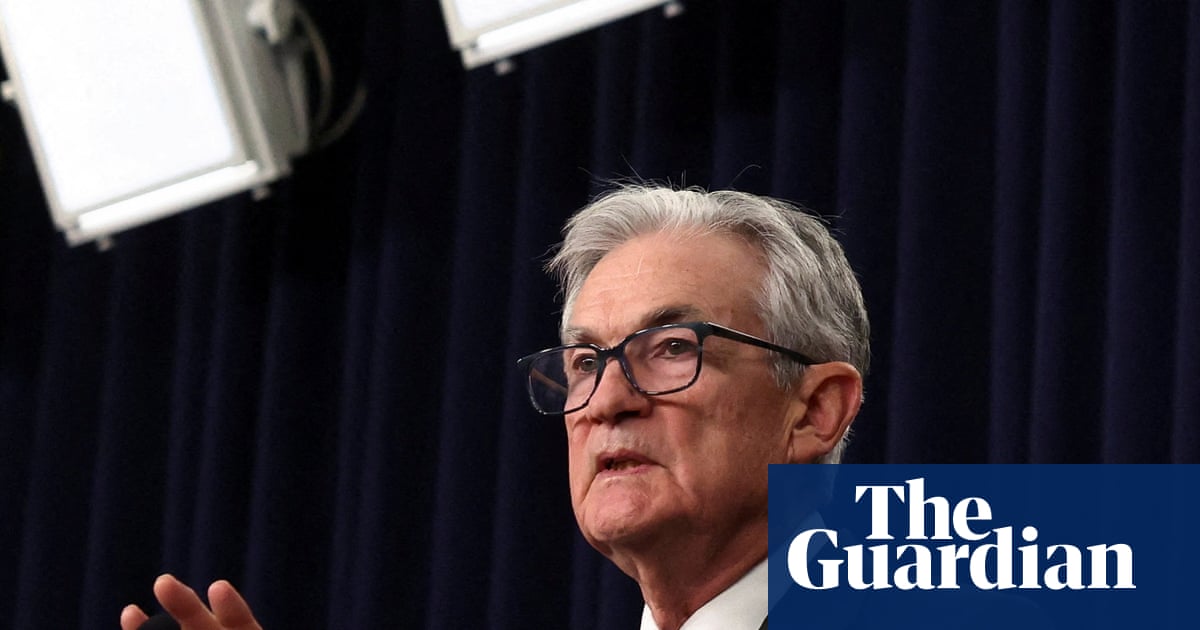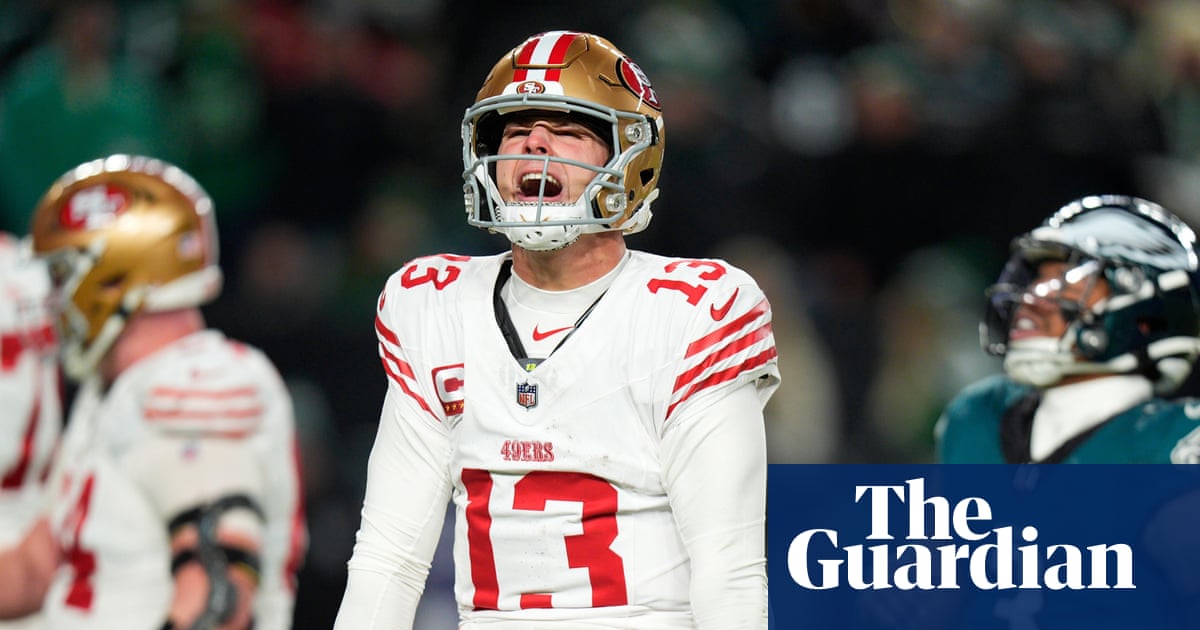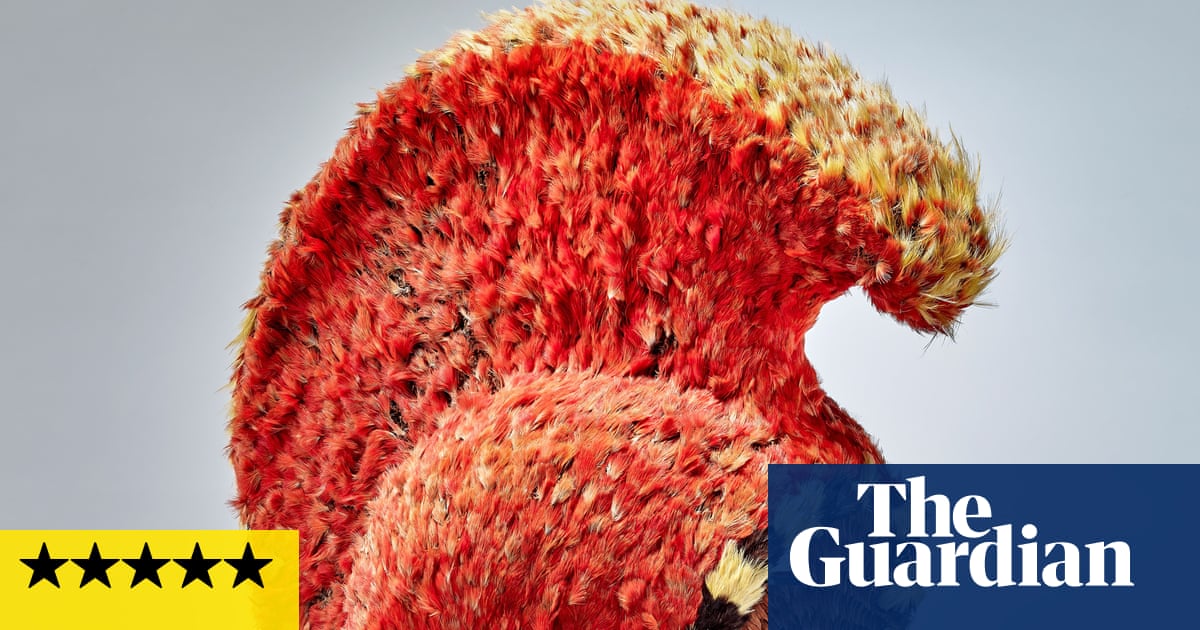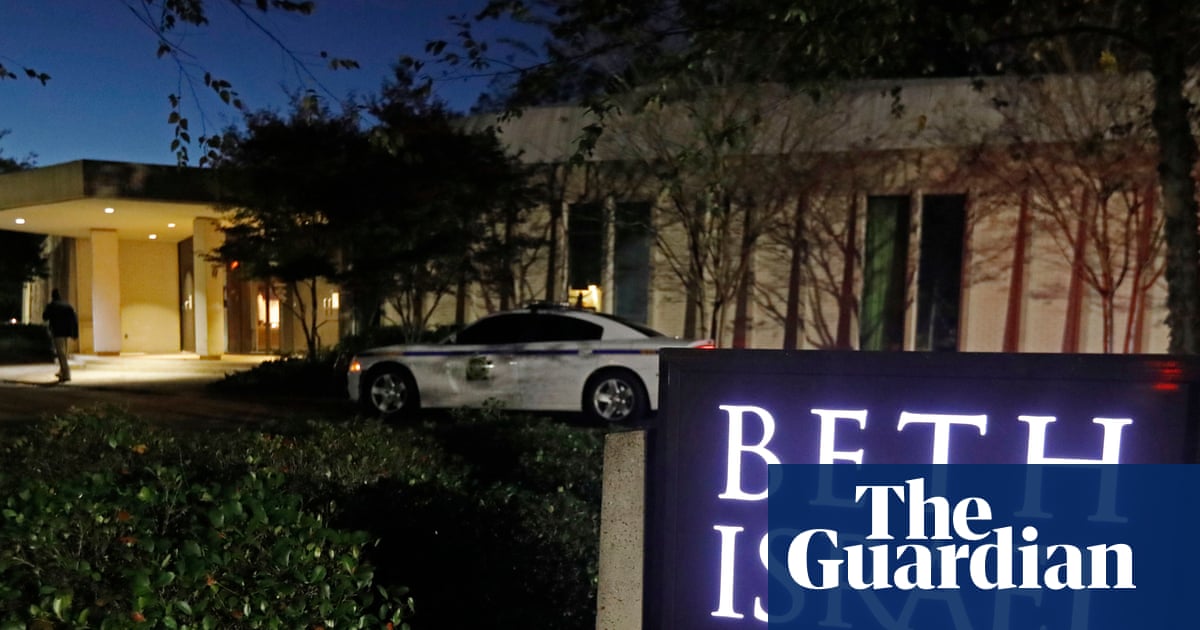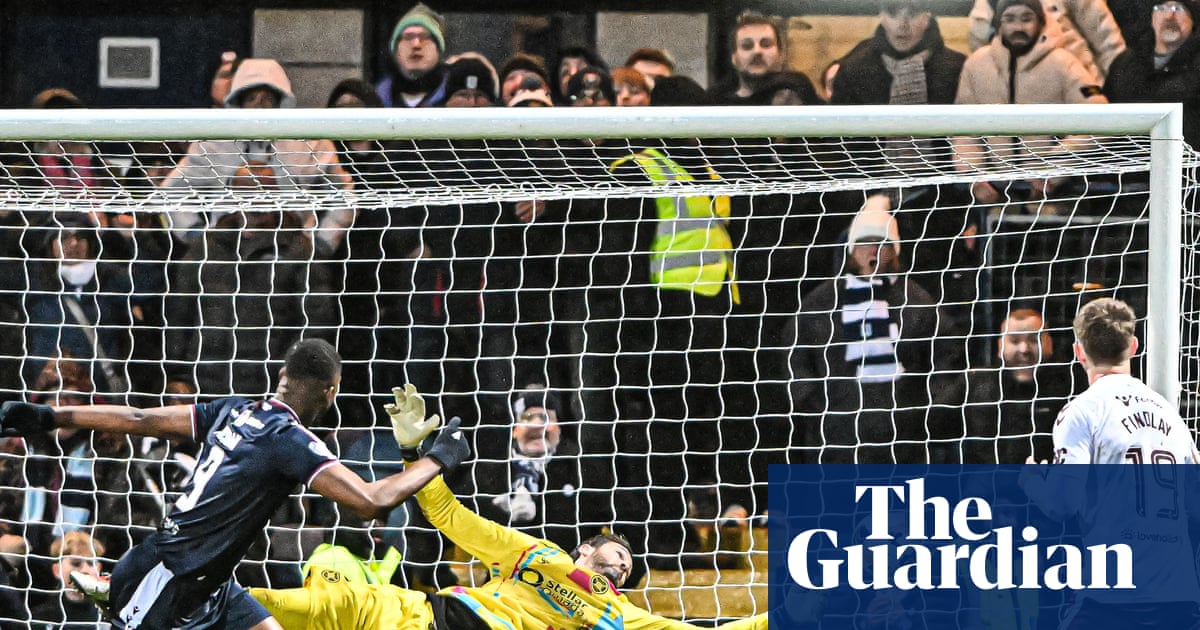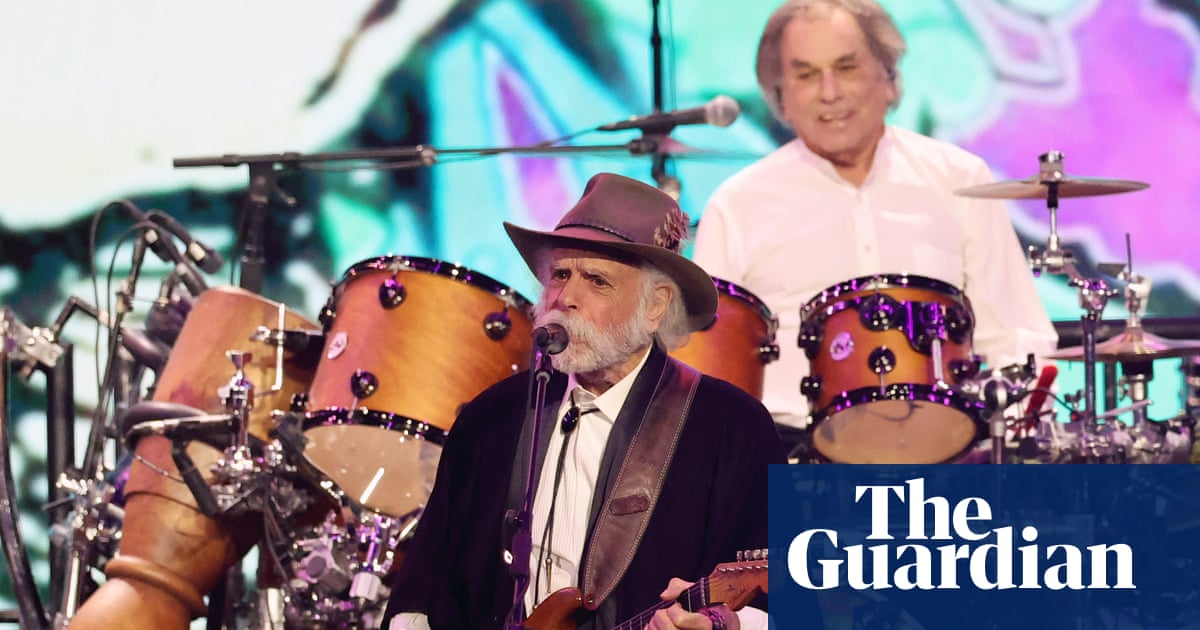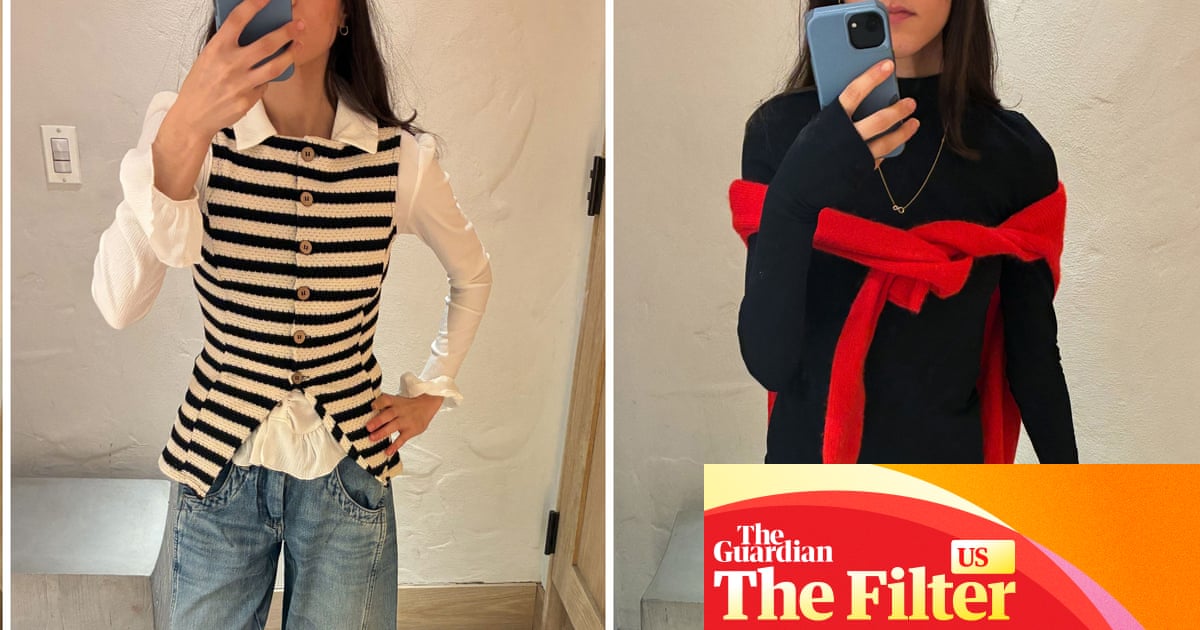The analysis by Jonathan Jones of what’s gone wrong at Tate was spot-on (Shrinking audiences, a cash crisis and rivals on the rise: what’s gone wrong at Tate?, 12 September). All the truly memorable exhibitions we have seen this year were in the National Gallery, National Portrait Gallery, the Wallace Collection and the Royal Academy. Frankly, the Tates have not had a single show that excited us since Peter Doig (2008), Lynette Yiadom‑Boakye (2020), Frida Kahlo (2005), and Richard Deacon and El Anatsui in 2016.
The universally loved, wondrous art of painting is eschewed in favour of performance nonsense, boring videos and hideous installations.
Ann Eastman
London
I felt very disheartened by Jonathan Jones’ comments about Tate Liverpool’s temporary home. His description of it “feeling like a deserted hulk complete with grumpy caretaker” couldn’t be more different from my regular recent experiences of visiting it to see exhibitions or to attend the kids’ activity area (temporarily housed in RIBA North, Mann Island).
The exhibitions have been excellent, including Brickworks and the 2025 Liverpool Biennial. The environment is colourful and life-enhancing, and all staff are always extremely good-natured, helpful and well-informed.
Susan Bocking
Liverpool
Jonathan Jones makes some good points about the Tate-National relationship, especially in the matter of Tate Modern’s failure to display a coherent history of 20th-century art. Yet the Tate was right in making Liverpool its first provincial venture, because its founder Henry Tate made his fortune in Liverpool.
The National Gallery ought to follow this by opening a northern branch, for the 42 paintings in the National’s Ludwig Mond bequest were bought with money from Mond’s chemical works in Lancashire and Cheshire.
The National has just announced a £375m extension in London; this money would be better used to build an extension in Liverpool or Manchester.
Brian Hatton
London
Jonathan Jones’s critique of the Tate is overblown. Tate Modern has recently mounted a string of fascinating shows, including Yoko Ono and Mike Kelley, that have opened up new fields, rather than tilling the well-ploughed pastures of what are often – yawningly – billed as “blockbusters”.
Dick Ellis
Derby

 3 months ago
100
3 months ago
100

